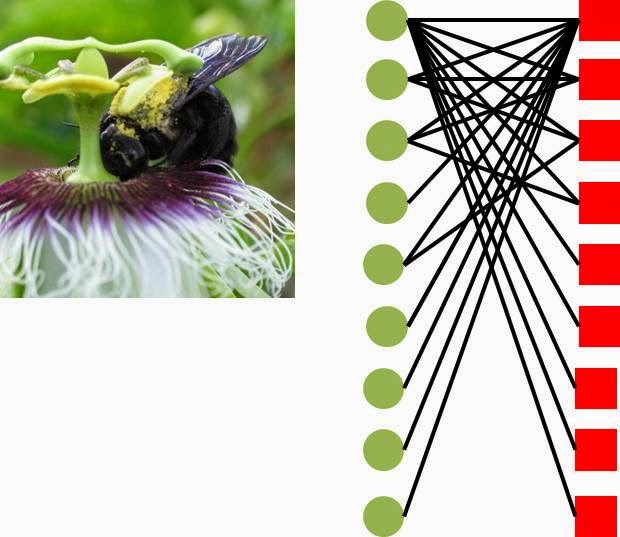Dr. Darryl L. Felder
Department of Biology, University of Louisiana – Lafayette, EUA
Dr. Peter C. Dworschak
Dritte Zoologische Abteilung, Naturhistorisches Museum, Áustria
Dr. Gary C. B. Poore
Principal Curator Emeritus (Marine Biology)
Museum Victoria, Melbourne, Austrália
Assessment of the “Deepwater Horizon” oil spill on shelf and slope decapod crustaceans in the Gulf of Mexico
Dr. Felder
Burrows of ghost shrimps (Axiidea and Gebiidea): strategies and videos on behaviour
Dr. Dworschak
Estimating Marine species diversity – an overview
Dr. Poore
Anfitrião Acadêmico e Social: Laboratório de Bioecologia e Sistemática de Crustáceos (www.lbscdecapoda.org)
Financiamento: FAPESP - Projeto Temático "Crustáceos decapodes: multidisciplinaridade na caracterização da biodiversidade marinha do estado de São Paulo (taxonomia, espermiotaxonomia, biologia molecular (Biodiversidade Marinha)"
Local: Anfiteatro Jacquemin
Início: 16:15 h


